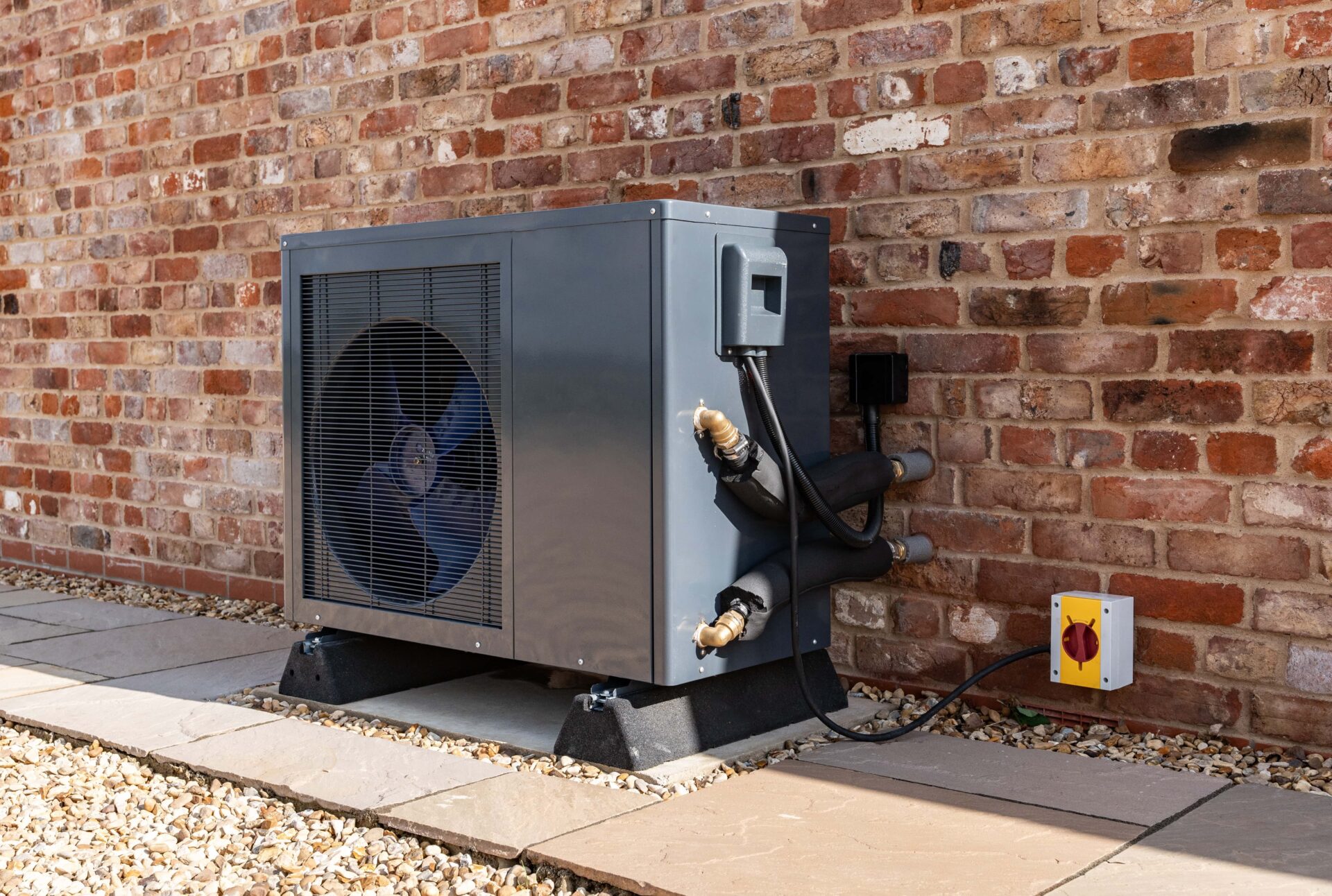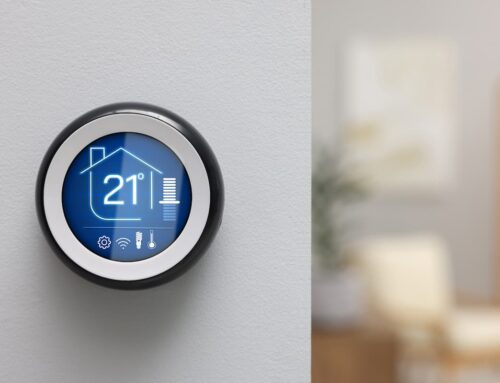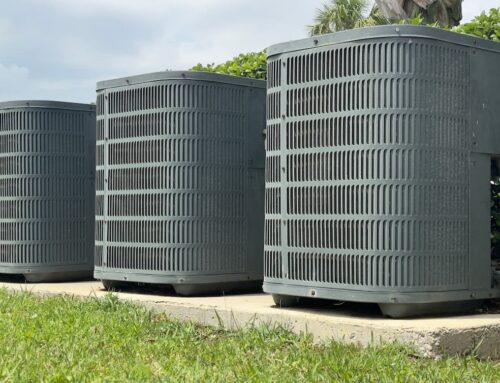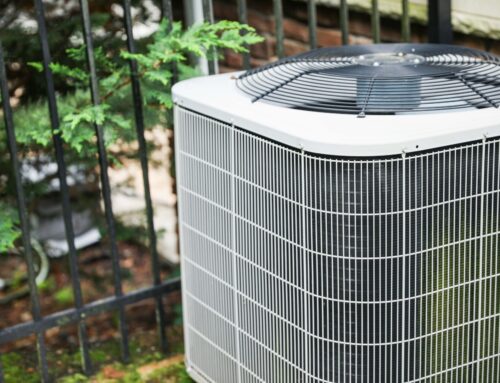Choosing between a heat pump and a traditional furnace can shape a home’s comfort, cost, and energy use for years to come. Homeowners planning an upgrade or replacing a heating system often weigh both options carefully, considering factors like climate, efficiency, and long-term value. Exploring the difference between heat pump and furnace systems helps clarify which setup best matches a household’s needs. A clear look at performance, cost, and efficiency can support a confident and informed decision.
Heat Pumps and Furnaces
Heat pumps and furnaces operate in very different ways. A heat pump moves heat rather than producing it. In winter, it draws warmth from the outside air and transfers it indoors. In warmer months, the process reverses, allowing the system to cool the home. This dual function gives it a year-round advantage in suitable climates.
On the other hand, furnaces generate heat by burning fuel like natural gas or oil, distributing warmth through ductwork. They excel in quickly heating spaces and maintaining steady temperatures, which is beneficial in areas with severe winters.
The key difference lies in their energy sources and efficiency. Heat pumps use electricity and are more efficient in milder climates, while furnaces, depending on the fuel, can be more effective in extreme cold. Recognizing these distinctions helps you select the system that best suits your home’s needs.
Performance Comparison: Heat Pump vs Furnace
Climate is a primary factor when comparing the performance of heat pumps and traditional furnaces. Heat pumps excel in areas with mild winters, efficiently transferring heat from the outside air. However, their performance can drop in colder climates, sometimes requiring additional heating to keep homes comfortable.
Furnaces, fueled by natural gas, propane, or oil, are built for reliability in harsh winter conditions. They generate heat directly, quickly warming spaces and maintaining a steady temperature, making them ideal for regions with long, freezing winters.
While furnaces heat up spaces faster, heat pumps offer the added benefit of cooling during summer, providing year-round comfort. Choosing between the two depends on the local climate and the homeowner’s preference for heating speed and versatility.
Cost Analysis: Heat Pump vs Furnace
When comparing costs, both initial and ongoing expenses must be considered. Heat pumps usually have a higher upfront price tag due to their dual heating and cooling capabilities. In contrast, gas furnaces are a more budget-friendly option initially. However, furnaces can lead to higher operational costs over time, especially if fuel prices increase.
Thanks to their energy efficiency, heat pumps can be more economical in moderate climates in the long run. Many areas also offer incentives or rebates for installing energy-efficient systems like heat pumps, which can help offset the initial investment. It’s worth checking local programs for potential financial benefits when opting for a sustainable heating solution.
Energy Efficiency: Furnace vs Heat Pump
Energy efficiency affects environmental impact and utility bills. Heat pumps are generally more efficient because they transfer heat instead of generating it. This means they use less energy, particularly in milder climates. While high-efficiency furnaces are available, they still tend to consume more energy than heat pumps in these regions.
The environmental benefits of heat pumps are notable. They rely on electricity and can reduce dependence on fossil fuels, thus lowering carbon emissions. This aligns with many homeowners’ goals of minimizing their carbon footprint.
Factors to Consider When Choosing
Several factors influence the decision between a heat pump and a furnace. Climate is a fundamental consideration. Homes in milder areas may benefit more from the efficiency of heat pumps, while those in colder climates might need the robust heating power of a furnace.
The existing infrastructure of a home also matters. Homes with ductwork might find it easier and more cost-effective to install a furnace, whereas those without may consider ductless heat pump options. Personal preferences, such as the need for integrated cooling, should also be considered. Homeowners focused on energy efficiency and environmental impact might lean towards a heat pump, while those prioritizing rapid heating in cold climates might prefer a furnace.
The Weather Changers
Ultimately, the choice between a heat pump and a gas furnace hinges on factors like climate, cost, energy efficiency, and personal preferences. Heat pumps offer versatile and efficient heating and cooling for moderate climates, while furnaces provide reliable, quick heating in colder regions.
For tailored advice, contact us at The Weather Changers to schedule your service today. Our experts are ready to help you find the best heating solution for your home.
Image Credit: Planprophoto/Shutterstock





